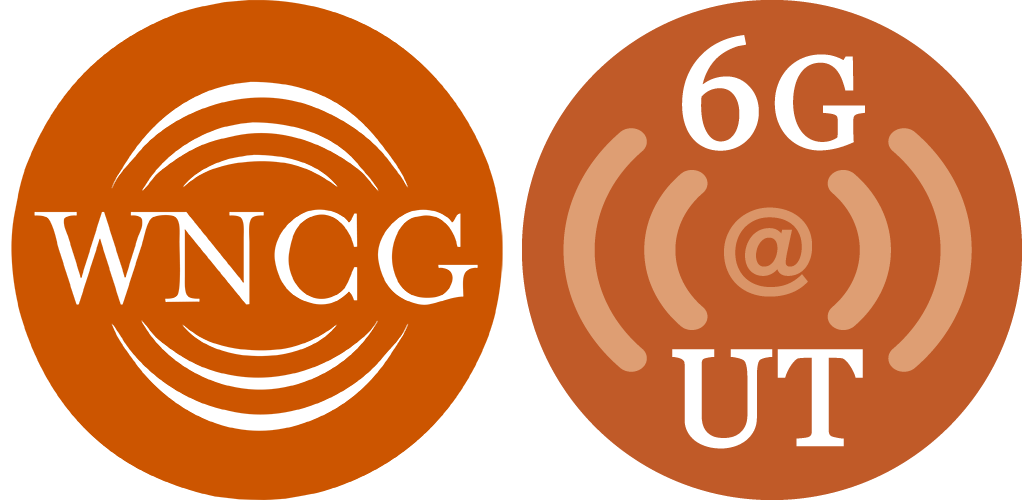The UT Austin Villa Robotics Team recently won third place at the RoboCup@Home 2017 competition, in the category of Domestic Standard Platform League. The competition was held in Nagoya, Japan.
Robocup was originally founded by Japanese researchers to develop robots that could play soccer well enough to eventually defeat world champion players. The idea was playfully implemented in order to fuse robot engineering with artificial intelligence and development. Now the original goal of the competition has expanded to include other areas and goals of robotics.
The international RoboCup community fosters the development of intelligent robots by defining and executing competitions used by scientists and students from across the world to test and demonstrate their robots in realistic settings.
“The RoboCup@Home league aims to develop service and assistive robot technology with high relevance for future personal domestic applications,” A Principal Investigator on the project and WNCG Prof. Andrea Thomaz states.
According to Prof. Thomaz, each team in their league was provided with a standard platform Toyota Human Support Robot, which is a mobile manipulation service robot. The goal of each team having the same robot was to standardize the hardware so the individual teams and competition could focus more on advances to Artificial Intelligence, software programs and robotic control.
“A set of benchmark tests were used to evaluate the robots’ abilities and performance in a realistic home environment setting,” Prof. Thomaz states. “The competition arena looked a bit like four identical Ikea apartments. Robots were tasked with things like unpacking groceries, setting and cleaning a table and recognizing and interacting with people in the environment.”
According to Prof. Thomaz, four US institutions, including UT Austin, UC Berkeley, UC San Diego and Northeastern University entered this competition. Only three of the teams qualified to compete in Japan, and the UT Austin Villa Team was the only US team to advance to the second stage of the competition.
“One of the main reasons we entered this competition was to build stronger collaborations among UT Robotics,” Prof. Thomaz states. “This is a great example of how much we can do when we leverage the broad expertise across campus.”
The UT competition team was truly a broad collaboration across UT Austin. The team consisted of five UT professors across three different departments and a team of 24 postdoctoral researchers, doctoral and masters candidates and undergraduate students.
The UT team consisted of the following individuals:
UT Professors and Principal Investigators:
Ray Mooney, Scott Niekum, Luis Sentis, Peter Stone, Andrea Thomaz
Postdoctoral Researchers:
Justin Hart (Team Leader), Jivko Sinapov
Graduate Students:
Nicolas Brissonneau, Yuchen Cui, Taylor Kessler Faulkner, Reymundo (Alex) Gutierrez, Steven Jens Jorgensen, Minkyu Kim, Akanksha Saran, Daniel Brown, Ajinkya Jain, Prikyanka Khante
Undergraduate students:
Nick Walker, Kathryn Baldauf, Rachel Chen, Rodolfo Corona, Rolando Fernandez, Dylan Goodman, Yuqian Jiang, Justin Rubio,, Taylor Schmidt, Rishi Shah, Benjamin Singer, Meera Wakim

